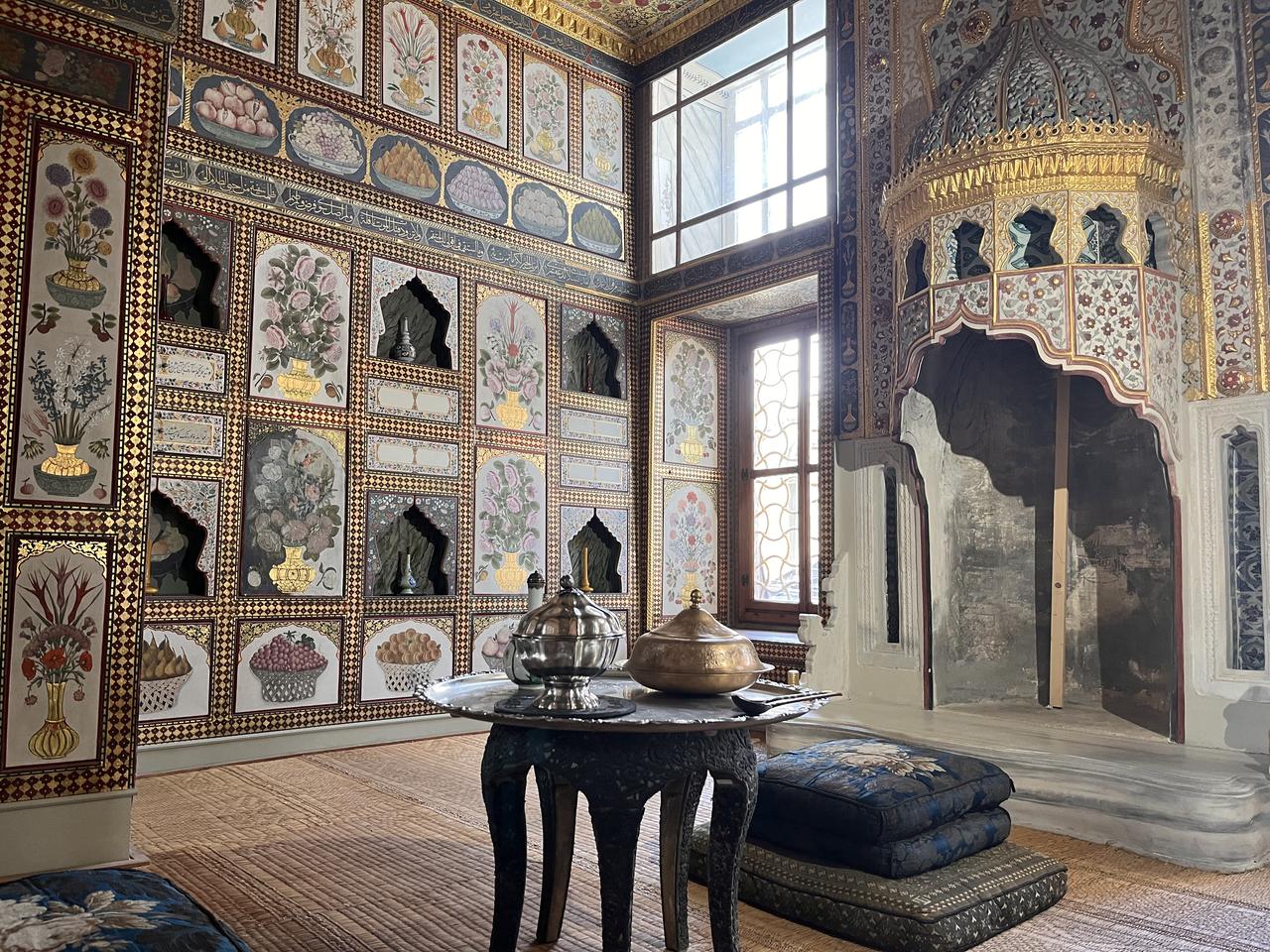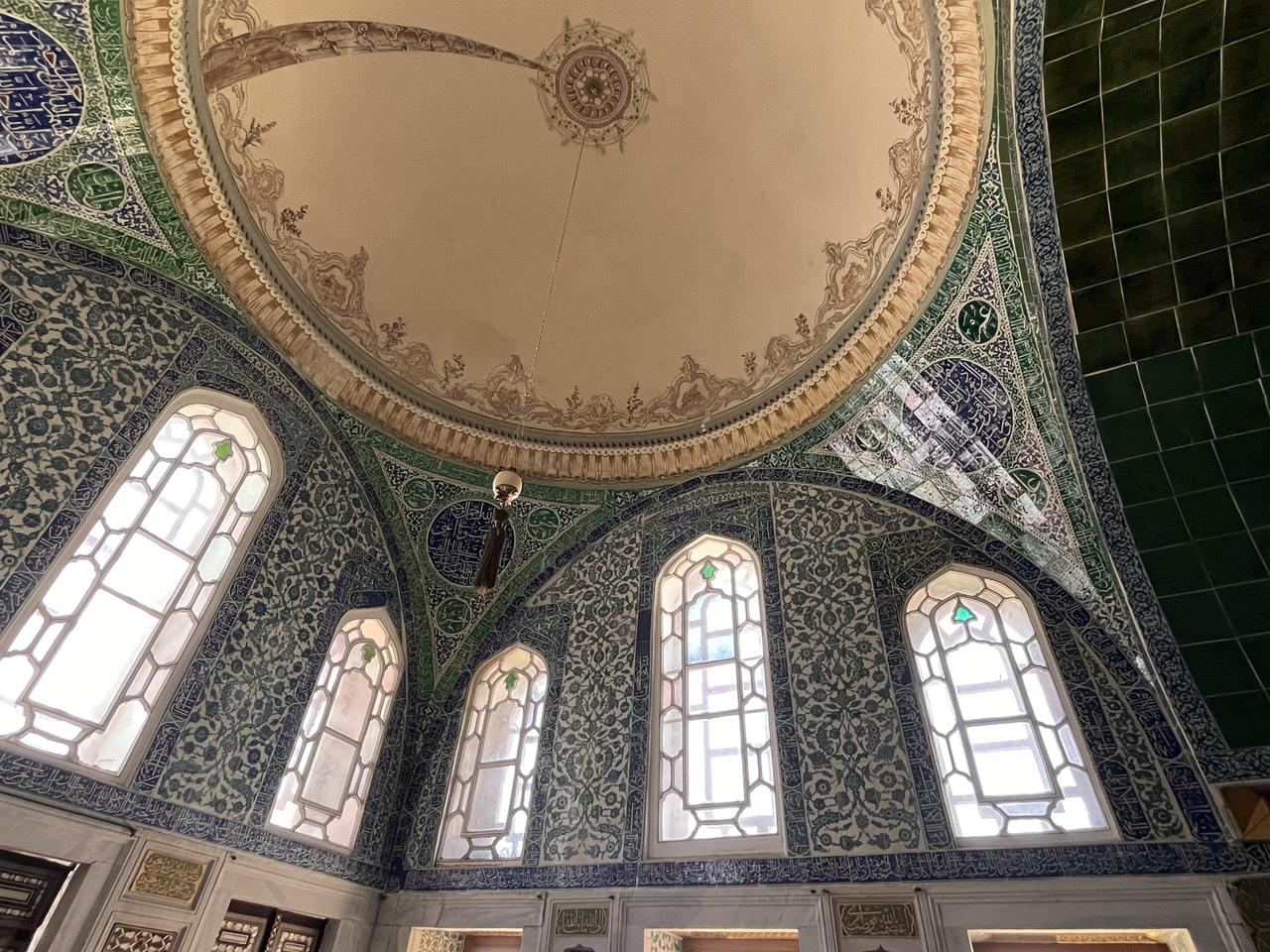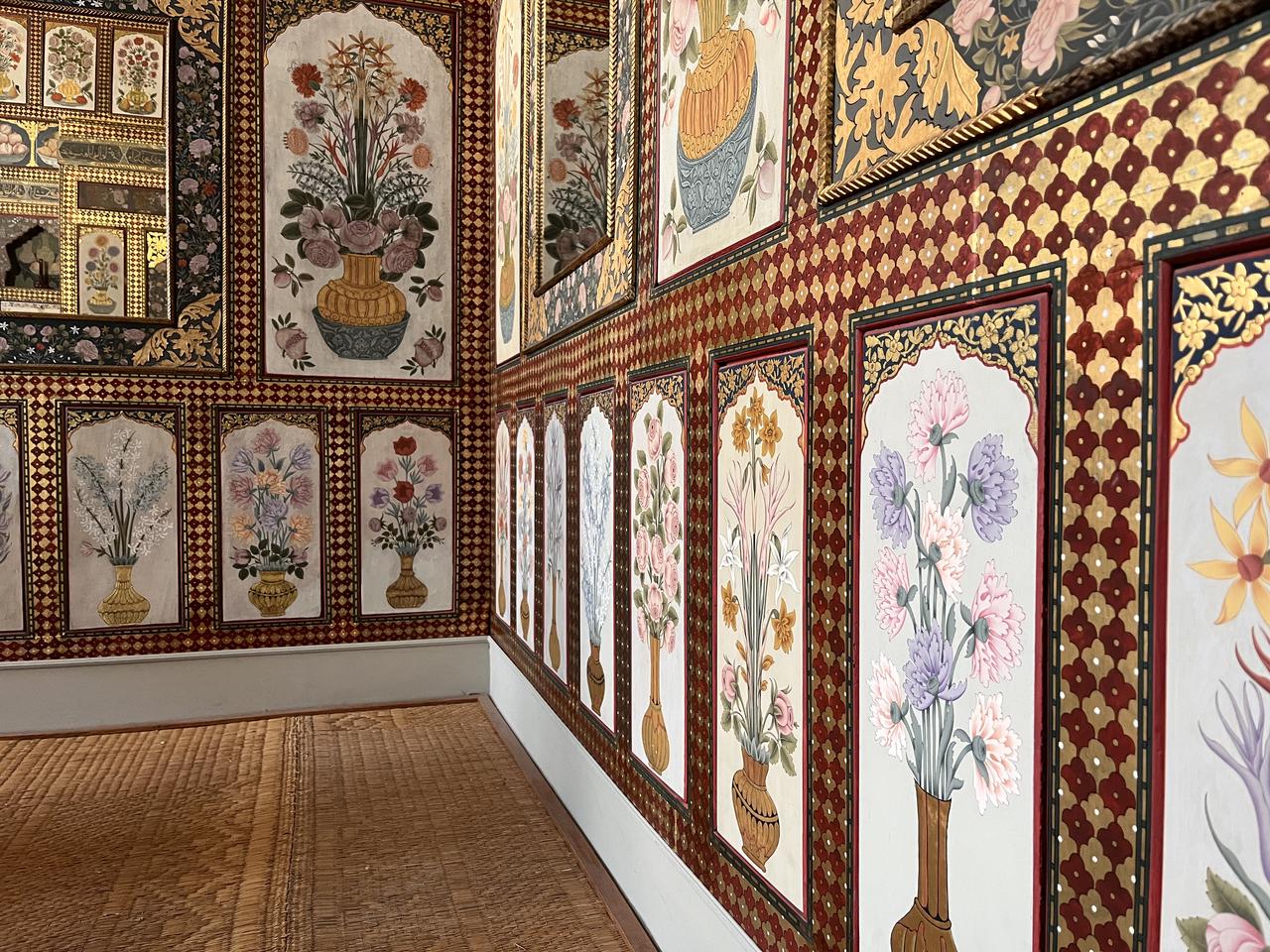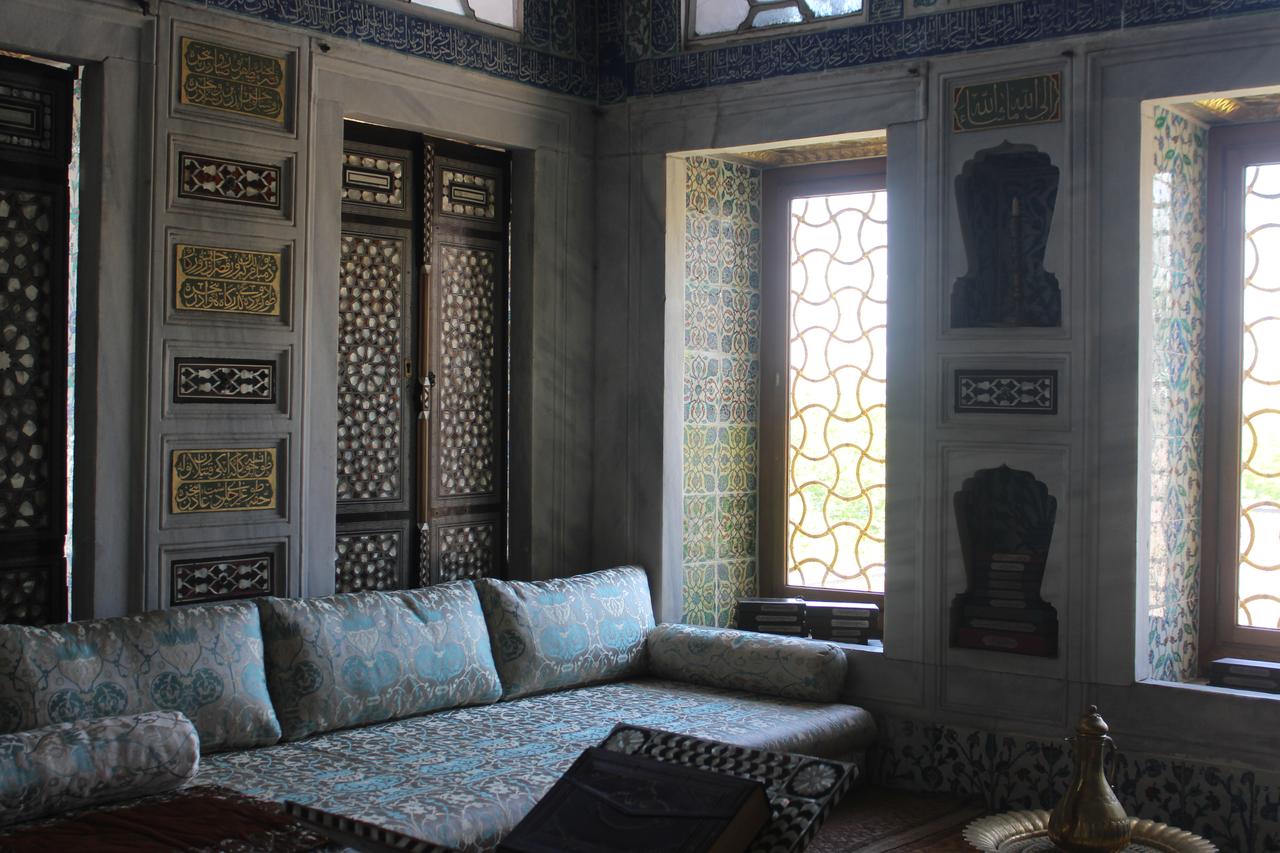
The Directorate of National Palaces in Türkiye has completed restoration works on two historic rooms within the Harem section of Topkapi Palace. Known as the "Ahmed I and Ahmed III Has Rooms", these imperial chambers have now been reopened to the public, offering rare insights into the refined aesthetics of the Ottoman court.
Speaking to Anadolu Agency, Yasin Yildiz, Head of the National Palaces Administration, emphasized the significance of this development: “The opening of these rooms, each built during transitional periods in Ottoman architecture, marks a major cultural achievement.”

Constructed in the early 1600s for Sultan Ahmed I, this chamber was used as a personal retreat, reading room, and library. It is appended to the suite of Sultan Murad III and represents the last civilian masterpiece of classical Ottoman architecture.
Adorned with some of the finest examples of late-period Ottoman tiles, the room features Quranic inscriptions, particularly from Surah al-Fath and the final chapters of the Quran. The woodwork—including doors and cabinets—is attributed to Sedefkar Mehmed Aga, architect of the Blue Mosque.
“The room reflects a complete fusion of architectural elements, calligraphy, ceramics, and mother-of-pearl inlay,” Yildiz explained. “Its restoration took nearly 10 years due to the richness of its decoration.”

In striking contrast, the Ahmed III Has Room, also known as the Yemis Room, embodies the Lale Devri (Tulip era) of the 18th century. Crafted a century after the Ahmed I room, it showcases early examples of Western-inspired naturalistic decoration in Ottoman interiors.
Named for its vibrant fruit and floral motifs, the room includes wall panels of Edirnekari woodwork, gold muqarnas, and mirror inlays. It also features 46 verses from Kaside-i Burde, a beloved Ottoman-era poem in praise of the Prophet Muhammad, inscribed around the room’s frieze.
“This room was likely a private dining area or rest chamber for Sultan Ahmed III,” said Yildiz. “It’s one of the earliest rooms where we observe the transition into Ottoman Baroque style.”

The decadelong restoration was supervised by art historians and master conservators, who ensured that all repairs were conducted using authentic materials and historical techniques. Detailed relief drawings at a 1:1 scale preserved the original ornamental designs, while missing inscriptions were reconstructed through period references.
Both rooms are now open to the public every day from 9 a.m. to 5:30 p.m., except Tuesdays, via a passage through the Murad III Has Room.
With their intricate ornamentation and historic function, these chambers are not only architectural treasures but also offer a rare glimpse into the daily life and spiritual world of the Ottoman sultans. The opening of these rooms enriches the visitor experience, especially as Topkapi Palace welcomes up to 20,000 guests per day during peak seasons, with nearly 15,000 international tourists daily.